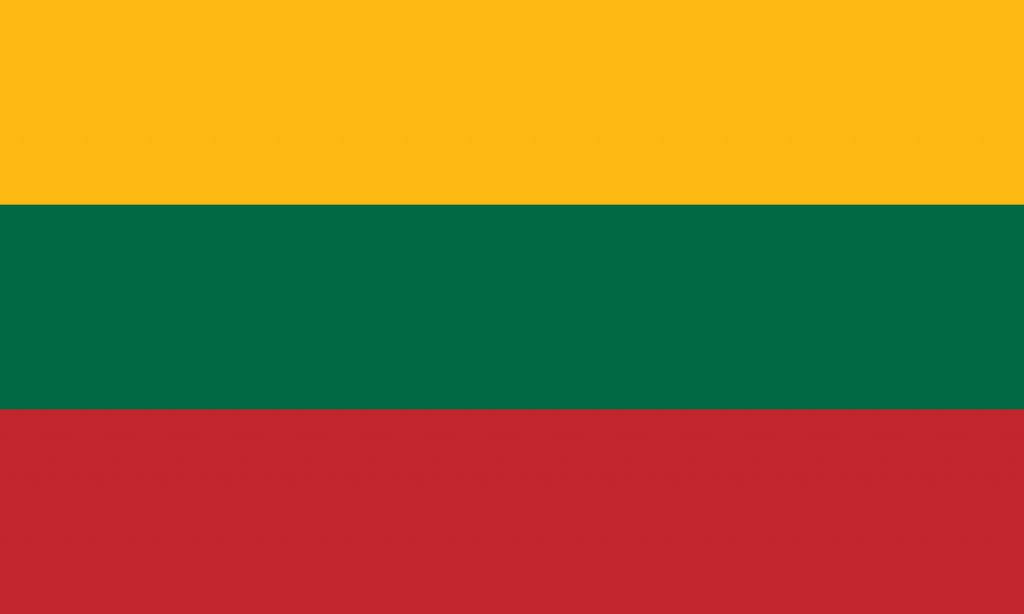Lithuania is a nation renowned for its vibrant culture and rich history. It is located in the Baltic region of Northern Europe. Understanding the cost of living in Lithuania is essential for financial planning and decision-making as an expat or prospective resident. This extensive book attempts to give helpful insights into numerous aspects of spending so that you can confidently negotiate the financial landscape.

Accommodation expenses
Lithuania provides a variety of housing alternatives, including detached homes and apartments. The location, size, and condition of the property are among the variables that affect the cost of renting. One-bedroom flat rent in big cities like Vilnius and Kaunas normally costs between €400 and €600 per month. Rental costs are typically cheaper in suburban areas and smaller towns, providing more inexpensive options.
Food and grocery expenses
Lithuania offers a wide range of culinary experiences when it comes to sustaining oneself. Food staples and groceries are often affordable in price. Local markets frequently offer fresh goods at affordable costs, whereas supermarkets, specialized shops, and local markets all have their price ranges. Traditional Lithuanian cuisine is offered at reasonable costs in restaurants, making eating out very economical.
Transportation costs
Buses, trams, and trains are all part of Lithuania’s well-functioning public transportation network. Single-ride tickets for the public transport system typically cost roughly €1. But owning a car comes with other costs, such as fuel, insurance, and parking fees. These aspects should be taken into account when calculating your transportation expenses.
Healthcare and insurance
A complete healthcare system is offered in Lithuania, with both public and private options. In comparison to many other nations, the prices of medical consultations, medications, and treatments are typically reasonable. There are many different types of health insurance, and the cost varies depending on the provider and coverage. To assure access to high-quality healthcare services, it is strongly advised for foreigners to acquire health insurance.
Education and childcare expenses
With both public and private schools and colleges, Lithuania is proud of its well-developed educational system. Compared to other European nations, schools and institutions’ tuition costs are rather reasonable. International schools might charge more, though. When planning a budget for family needs, childcare costs such as nursery, babysitters, and extracurricular activities should also be taken into account.
Leisure and entertainment costs
There are many different ways to have fun and relax in Lithuania. Because movie tickets, concerts, and cultural events are cheaply priced, locals may take advantage of a variety of entertainment options without going over their budget. Affordably priced fitness and gym memberships are also offered, encouraging an active lifestyle. Recreational activities are also available at affordable rates at parks, museums, and athletic venues.
Shopping and consumer goods
There are several places to shop in Lithuania, including malls, boutiques, and regional markets. Clothing, electronics, and household goods are typically inexpensive and come at a range of price points to fit a variety of budgets. Sales and discounts are frequent, especially during seasonal promotions, giving frugal customers the chance to save a lot of money.
Financial considerations
The cost of living in Lithuania is influenced by currency exchange rates, particularly for foreigners. It’s crucial to remain educated and take into account how currency changes may affect your spending. When managing finances, one should also consider banking fees. Additionally, to better comprehend the total affordability, cost of living adjustments should be performed when comparing Lithuania to other nations.
Salaries and taxes
According to characteristics including occupation, industry, and experience, salaries in Lithuania differ. Comparing the country’s wages to those of its Baltic neighbors, it is generally considered to be competitive. The progressive tax system used in Lithuania taxes people at various rates according to their income. greater income bands are subject to a greater tax percentage; the normal income tax rate is 20%. In addition, social security contributions are taken out of employees’ paychecks to pay for social welfare initiatives.
You may also find these articles helpful
Working in Lithuania as an expat
